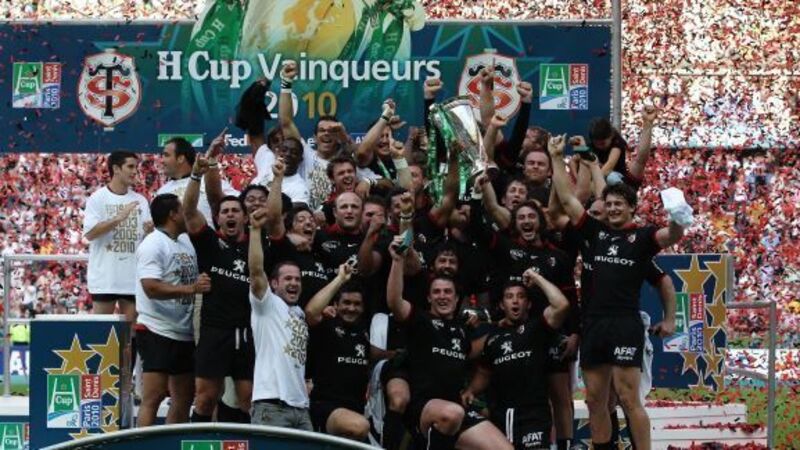Perde d'amour

Back then, it was the French clubs, led by then Ligue National de Rugby (LNR) president Serge Blanco, who were at the front of stage complaining about voting rights and wanting a greater say in the running of the European competitions. This time, it’s been different. When a militant Premier Rugby broke ranks a few weeks ago to announce their ground-breaking deal with BT, they were shocked to find their French support had evaporated. It was the rugby equivalent of making a line break and merely having the fullback to beat, only to find your support was down the other end of the pitch smoking a Gauloises under your own posts.
Granted, the French and English clubs share similar concerns — both are seeking a greater share of revenue and a fairer qualification process, which currently favours RaboDirect Pro14 teams. In addition, the French are particularly interested in tempering the effects of the Heineken Cup on their domestic calendar, meaning that a 2015 final may be played in April. But the manner in which the two want to achieve their aims couldn’t be more different, with the French steadfastly refusing to stick the Heineken Cup on the pyre.















